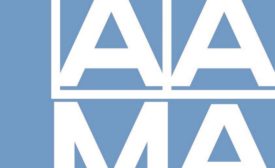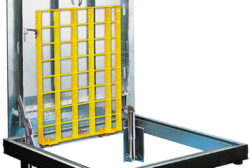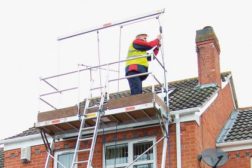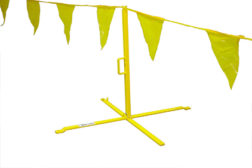Home » Keywords: » OSHA Standards
Items Tagged with 'OSHA Standards'
ARTICLES
OSHA Officials Underestimated Cost of Silica Rule for Construction Industry
Estimate One of Several Examples of How Agency Fundamentally Misunderstands Construction Industry, Raising Questions About Overall Rule.
March 30, 2015
Get our new eMagazine delivered to your inbox every month.
Stay in the know on the latest building & construction industry trends.
SUBSCRIBE TODAY!Copyright ©2024. All Rights Reserved BNP Media.
Design, CMS, Hosting & Web Development :: ePublishing





